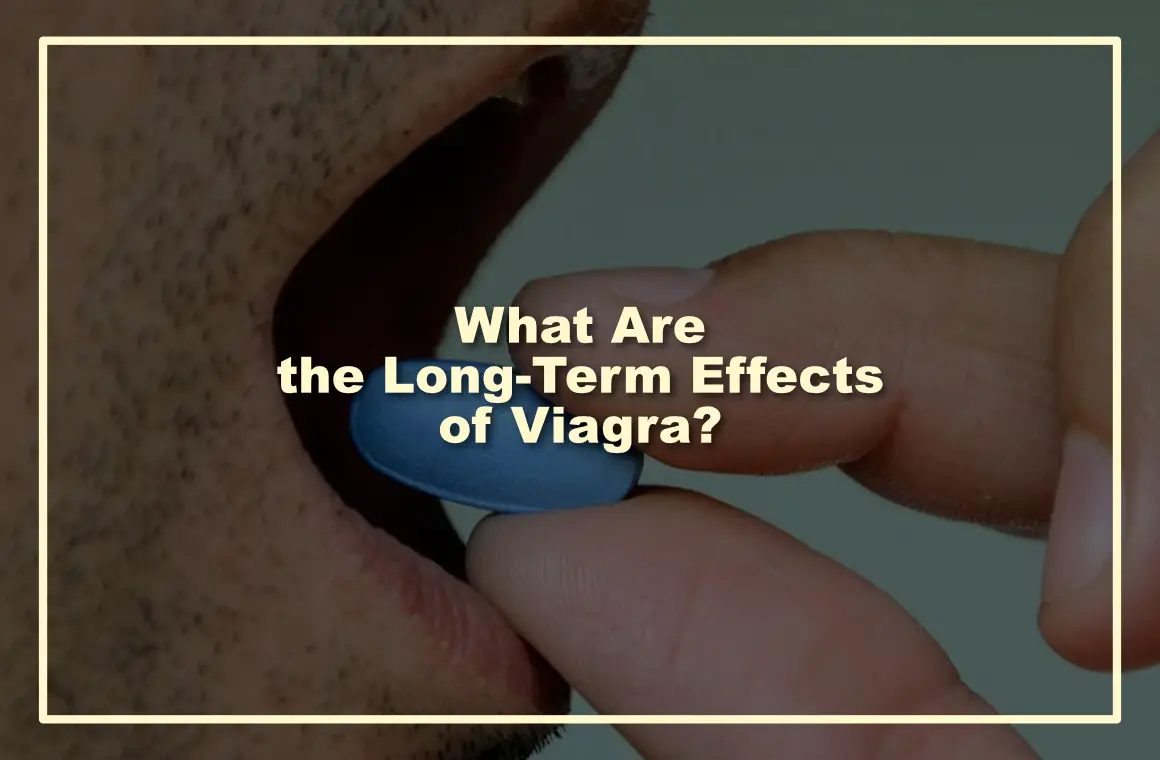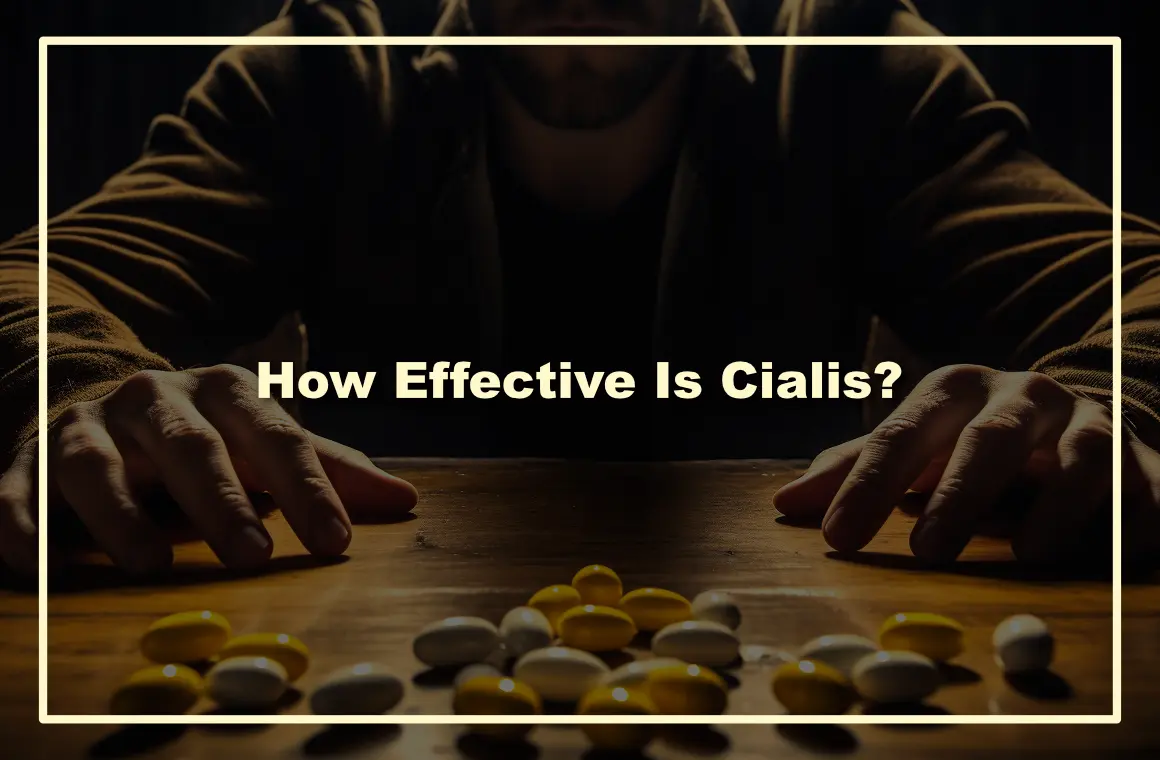
What is erectile dysfunction?
Erectile dysfunction (ED) is when a man can’t get or keep an erection that’s firm enough for sex.
To understand ED, you need to know how erections happen. When a man is sexually excited, nerves and chemicals work together to relax the smooth muscles and widen the arteries, allowing blood to flow into the penis. Veins then tighten to keep the blood there, forming the erection. After ejaculation, the blood flows back into the body.
Erectile Dysfunction and Age
Age is a key factor in erectile dysfunction (ED) that affects all men eventually. Medical research clearly shows that as men get older, the risk of ED increases. Among men over 40, 52% will experience ED, and it gets worse with age. As people live longer and stay healthier, issues like ED will become more important to address.
Wagner and colleagues studied the effectiveness and safety of sildenafil (Viagra) in 482 men aged 65 and older through five double-blind, placebo-controlled trials. They used the Global Efficacy Question (GEQ), questions 3 and 4 of the International Index of Erectile Function (IIEF), and the five sexual function domains of the IIEF to measure results.
All measurements showed that sildenafil greatly improved erectile function in older men with various causes of ED, including diabetes. The most common side effects were mild to moderate headache, flushing, and indigestion. Few men stopped taking the drug due to side effects, with discontinuation rates similar to those who took a placebo.
What is Viagra?
Viagra is one of the most successful drugs ever. Just months after it was approved, millions of prescriptions were written. It became the topic of many books, news stories, comedy routines, cartoons, and jokes. Many websites also started offering online prescriptions and home delivery for it.
In clinical trials, 74% of patients taking Viagra reported better erections, compared to only 16% of those taking a placebo.
Long-term Effects of Viagra
Using Viagra for a long time can potentially lead to psychological dependency. Since sildenafil citrate treats but doesn’t cure erectile dysfunction (ED), many men might use it for a long period.
Sensory Effects
Long-term use of Viagra has been linked to problems with hearing and vision. Some people have reported hearing loss while using Viagra. In October 2007, Newsinferno.com mentioned that these reports led the FDA to add hearing loss as a warning on Viagra labels. Long-term use can also increase the risk of double vision and temporary vision loss. According to Dailymed, an online source for FDA-approved drug information, serious side effects like retinal hemorrhaging and vascular diseases can also occur with prolonged Viagra use.
Cerebrovascular and Cardiovascular Effects
In the short term, serious side effects of Viagra can include strokes and heart attacks. Long-term users may experience vascular issues such as cerebrovascular hemorrhage and Transient Ischemic Attack (TIA). Reports also mention cardiomyopathy (an enlarged heart), arrhythmia (irregular heartbeat), and heart palpitations. An article in The Journal of Medical Case Reports by researcher Jeppe G. Rasmussen concluded that heart arrhythmia, like ventricular tachycardia, can be a potential side effect of the drug.
Gastrointestinal Effects
Viagra can affect the gastrointestinal (GI) and genito-urinary (GU) tracts. Long-term use can increase the frequency of dyspepsia (indigestion) and intestinal problems like diarrhea and gastritis. It can also cause urinary issues such as incontinence, increased risk of urinary tract infections, and cystitis. Some reports mention anorgasmia (inability to ejaculate) and abnormal ejaculation. According to Drugs.com, less than 2% of patients in clinical trials reported anorgasmia.
Psychological Effects
Long-term use of Viagra can lead to psychological dependency. An article on Biopsychiatry.com, cited in the Anchorage Daily News in April 2004, mentioned that some men without erectile dysfunction take Viagra for recreational purposes and risk developing a psychological dependency on the medication.





